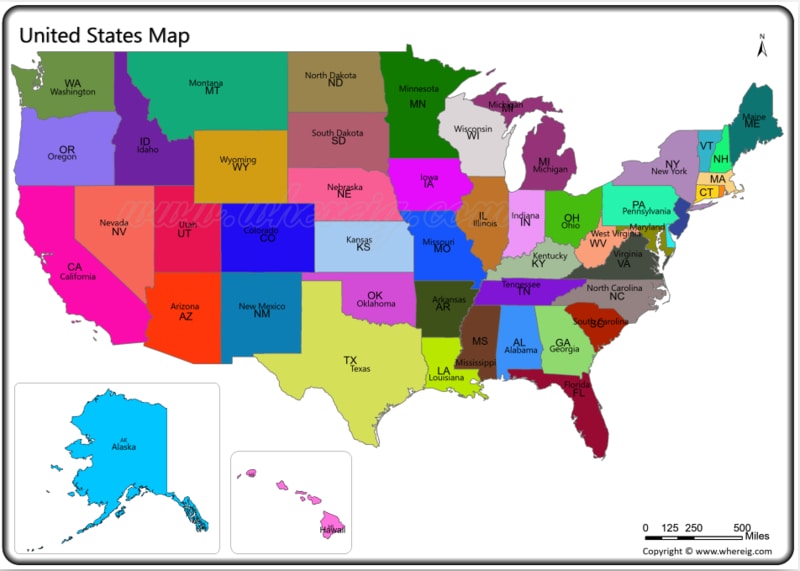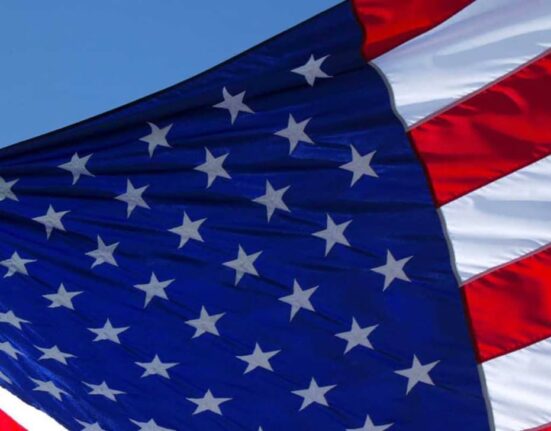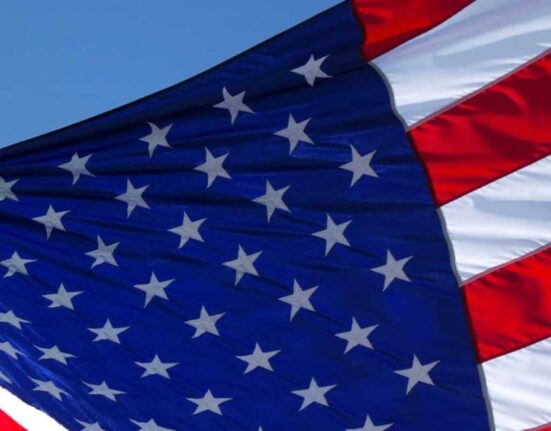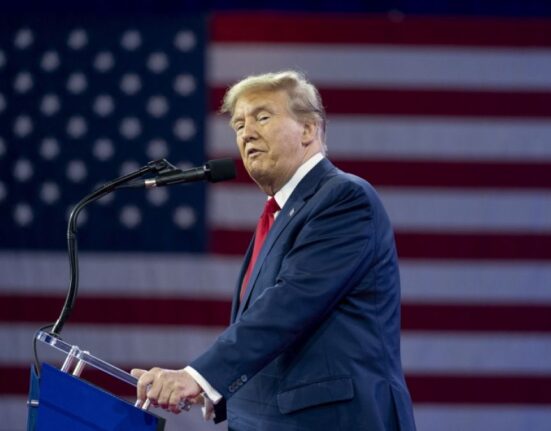Francesca Albanese, a prominent figure in the United Nations Human Rights Council, is currently at the center of controversy as the United States imposes sanctions on her. The move comes after Albanese openly criticized Israel’s military operations in Gaza and called for drastic measures to be taken against the country.
Albanese’s impassioned plea at the National Press Club in Canberra reverberated through diplomatic circles. She urged member states of the UN Human Rights Council to enforce an arms embargo and sever all trade and financial connections with Israel. Her strong words accused Israel of conducting a “genocidal campaign
” in Gaza, sparking heated debates globally.
In response to these developments, US Secretary of State Marco Rubio expressed his decision to sanction Francesca Albanese for her role as a special rapporteur on human rights in the occupied Palestinian territories. Rubio’s statement highlighted his concerns about alleged efforts by Albanese to instigate actions against US and Israeli officials through international bodies like the International Criminal Court (ICC).
Albanese, known for her unwavering commitment to justice, remained resolute amidst the sanctions. In a social media post, she affirmed her stance, stating, “
I stand firmly and convincingly on the side of justice, as I have always done.
” Despite facing punitive measures from a global power like the US, Albanese dismissed their actions as “
mafia-style intimidation techniques,
” underscoring her defiance against perceived oppression.
The Italian lawyer and academic did not mince words when condemning Israel’s military tactics in Gaza. Accusing them of engaging in war crimes and acts amounting to genocide has drawn both support and criticism from various quarters. While some applaud her courage in speaking out against perceived injustices, others question the validity of such accusations on an international stage.
A recent report authored by Albanese shed light on numerous companies allegedly involved in supporting Israeli settlements and military endeavors within Gaza. Over 60 entities were named, including major players in arms manufacturing and technology sectors. The report called for immediate disengagement with Israel by these companies while holding their executives accountable for potential breaches of international law.
Despite being part of a cadre of independent human rights experts under UN mandate, Francesca Albanese faces isolation following the US sanctions imposed on her—an action denounced by rights advocates worldwide. Dylan Williams from the Center for International Policy condemned these sanctions as indicative of “
rogue state behavior,” emphasizing that such punitive measures undermine efforts towards upholding international norms.
Amidst escalating tensions between key stakeholders at global forums like the UN Human Rights Council, Amnesty International raised concerns about protecting special rapporteurs like Albanese from undue pressures or threats posed by powerful nations. Agnes Callamard stressed collective responsibility among governments worldwide to safeguard individuals tasked with upholding human rights standards globally.
The political landscape surrounding this issue is complex—with allegiances shifting based on geopolitical interests—and presents challenges regarding accountability versus sovereignty concerns within international relations frameworks. As voices clamor for justice and transparency, Francesca Albanese stands as a symbol of resilience against adversity—a beacon calling attention to critical issues demanding global attention and resolution.









Leave feedback about this